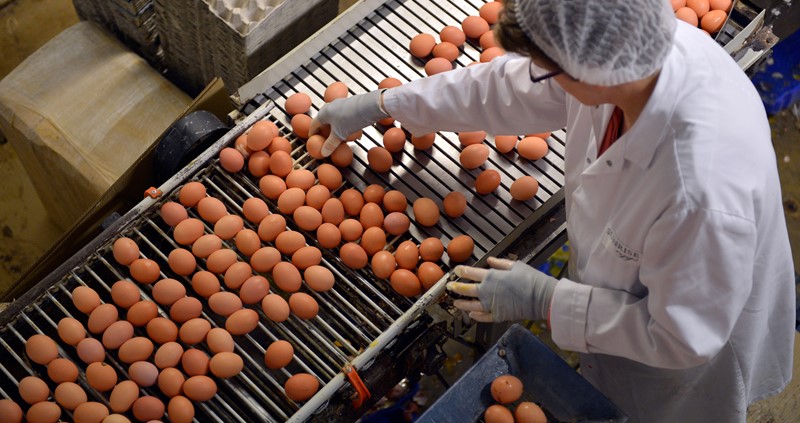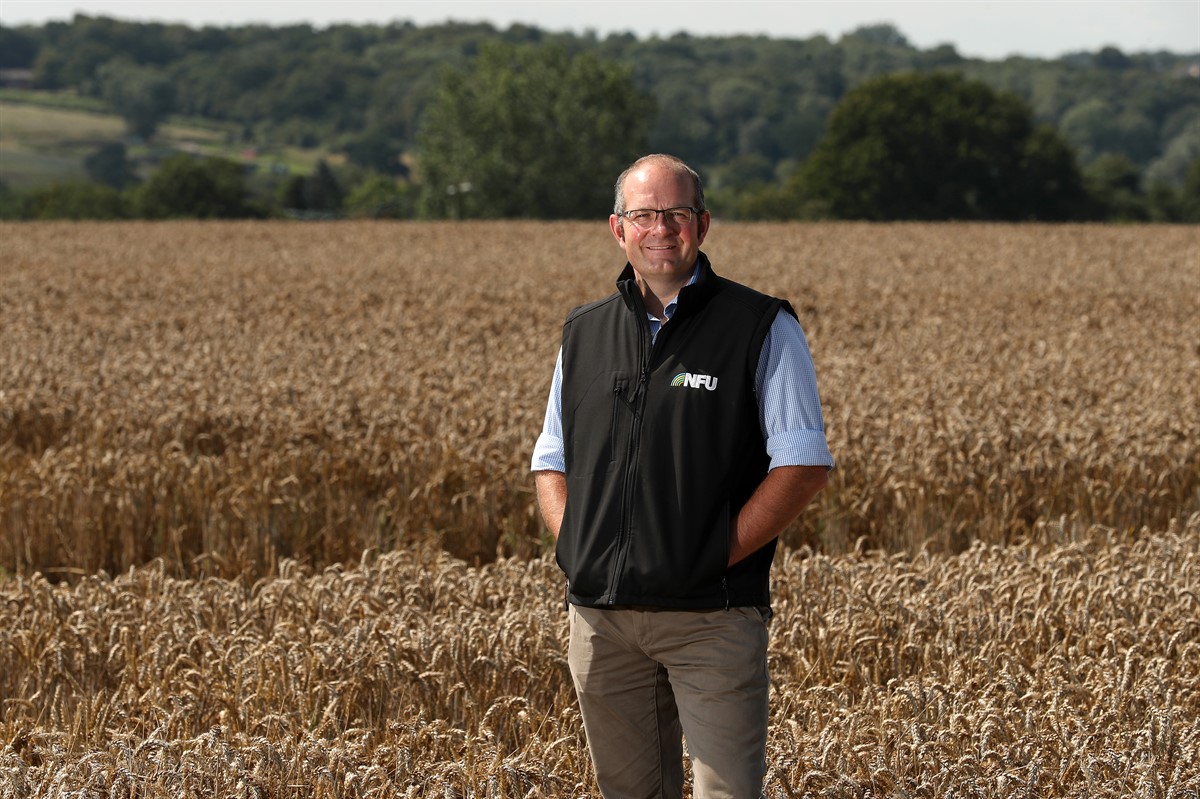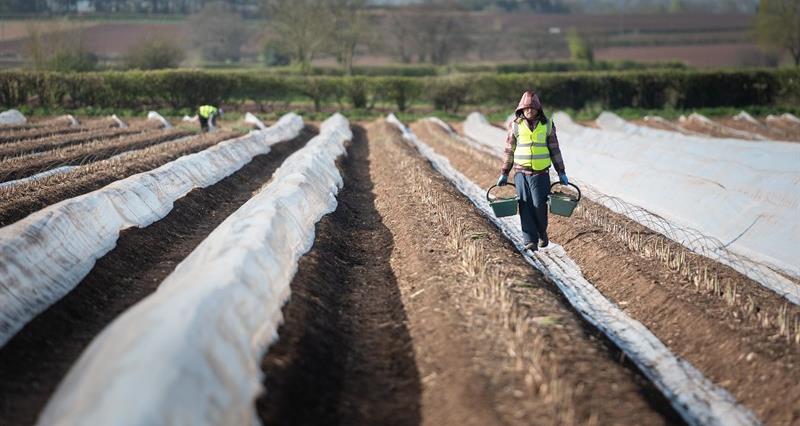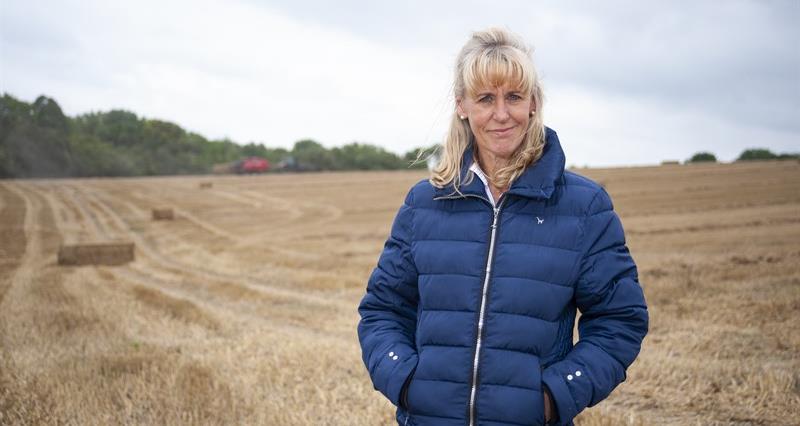In August 2022 the government announced an independent review panel to look at labour shortages across agriculture, horticulture, and the wider supply chain. This followed a commitment made in the National Food Strategy.
The job of the panel is to consider the challenges farming businesses face to recruit and retain the labour they need both now and in the future.
Challenges
The chair of the panel, John Shropshire, former CEO of major horticulture producer G’s Fresh group, said at the time of the launch: “Our farming and food supply sectors are facing multiple challenges, and labour shortages contribute to this. This review will help us understand how we can address labour shortages and boost productivity in the food supply chain.
“I’ve worked in horticulture for many years and, along with the panel of experts, I hope we can make some clear recommendations that will have a long-term impact on reducing pressure on farmers and increasing food security.”
NFU view
“I hope we can make some clear recommendations that will have a long-term impact on reducing pressure on farmers and increasing food security."
Independent review panel chair John Shropshire
“We hope it will act as a catalyst for government to take action to ensure the food supply chain has the workforce it needs to continue producing, picking, packing and processing high quality, affordable and sustainable food for the nation."
NFU Deputy President Tom Bradshaw
In response to Defra’s launch of the independent review, NFU Deputy President Tom Bradshaw said: “We have long highlighted the impacts of workforce pressures across the food and farming sector so this review is much needed.
"We hope it will act as a catalyst for government to take action to ensure the food supply chain has the workforce it needs to continue producing, picking, packing and processing high quality, affordable and sustainable food for the nation.
"While there must be a focus on long-term workforce requirements and business resilience in the future, including things like boosting domestic recruitment and automation, farmers and growers are seriously concerned about how they will get the workforce they need right now. This review cannot overlook the immediate and pressing issues the food supply chain is facing as we speak.”
Evidence gathering
The first piece of work conducted by the panel in autumn 2022 was a business survey which aimed to gather data to help understand what the main issues were for farm businesses recruiting labour. This survey had over 400 replies and looked at various aspects including the role of automation, migration routes and domestic employment.
The second phase of work being completed is a series of interviews with people involved in a range of different businesses from across the farming sectors. As part of this interview stage both NFU representatives and NFU members have taken part, providing evidence from a personal business level and also setting out the trends and impacts across the wider poultry sector.
Labour is a key issue for our poultry members and this report will give the government vital insight into how to address its strategy on labour provision in the future. We are expecting the panel to conclude the gathering of evidence shortly and then submit its report to the government in the spring. We will be keeping members updated as and when the panel’s recommendations have been made.
Examples needed
In the meantime, if you have any examples of challenges and/or successes in recruiting labour for your business, we want to hear from you.
Whether you’ve explored recruiting through your local Job Centre or you’ve implemented a scheme which incentivises current employees to help recruit new workers, we are looking for members who would be willing to be part of a series of case studies (which can be anonymised) to demonstrate to the government the lengths people go to in order to fill the vacancies they have within their business.
If you are willing to share your experience, please get in touch with us via NFUPoultry@nfu.org.uk



